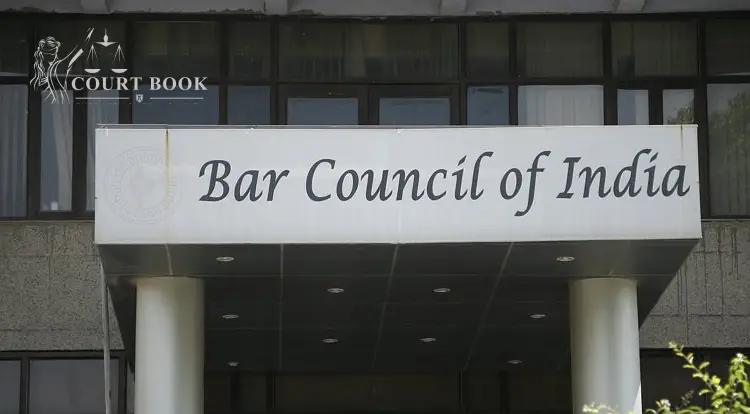The Supreme Court of India has dismissed the Bar Council of India's (BCI) plea challenging a Kerala High Court order that permitted two murder convicts to attend law classes virtually. The apex court firmly stated that the BCI has no jurisdiction to interfere in matters of legal education and should allow jurists and legal academicians to handle such affairs.
A bench comprising Justices Surya Kant and N Kotiswar Singh heard the case and ultimately dismissed the petition, while keeping the broader legal question open for future consideration.
Background of the Case
The case originated from a 2023 Kerala High Court order, which allowed two individuals convicted under Section 302 of the Indian Penal Code (IPC) to attend LL.B. classes online while serving their sentences. The BCI opposed this order, arguing that permitting convicts to take legal education virtually contradicted the University Grants Commission (UGC) Regulations.
At the outset of the hearing, Justice Surya Kant questioned the necessity of the BCI’s challenge, asking:
“Why should the BCI challenge this kind of order?”
BCI’s counsel argued that the larger issue revolved around the permissibility of convict-students attending classes virtually, which was against UGC norms. However, Justice Kant pointed out that the High Court had taken a progressive step and that the BCI should have supported its decision rather than opposing it with a "conservative and orthodox view."
The BCI’s counsel clarified that they were not seeking a stay on the High Court's order, meaning that the two convicts could continue attending classes. However, the BCI wanted the Supreme Court to consider the broader implications of allowing virtual legal education for convicts.
Justice Kant emphasized that if a student had the option to attend physical classes but chose virtual learning, the court might have sided with the BCI. However, in this case, the Kerala High Court had already granted permission for the convicts to study online while in jail.
Highlighting the potential for acquittal, Justice Kant questioned:
“What happens if the respondent-convicts are ultimately acquitted in appeal?”
Justice Kant further remarked:
“First of all, speaking for myself... and I will persuade my brother also... the BCI has no business interfering in legal education. Your task is to regulate legal practice; your hands must be full already. Legal education should be left to jurists and legal academicians. Please allow them to have some mercy on the legal education of this country.”
The BCI’s counsel cited a Constitution Bench ruling, arguing that the Supreme Court had previously upheld the BCI’s power to oversee legal education. However, the Supreme Court found no merit in the BCI’s challenge.
Ultimately, the Supreme Court dismissed the petition due to an inordinate delay of 394 days in filing the appeal, as well as on its merits. The court noted:
“Besides the inordinate delay of 394 days, we are satisfied that the order passed by the High Court granting permission to join classes to respondent Nos. 2 and 3 through online mode in the peculiar facts and circumstances of this case does not warrant interference.”
Case Title: BAR COUNCIL OF INDIA v. STATE OF KERALA AND ORS., Diary No. 11532/2025














